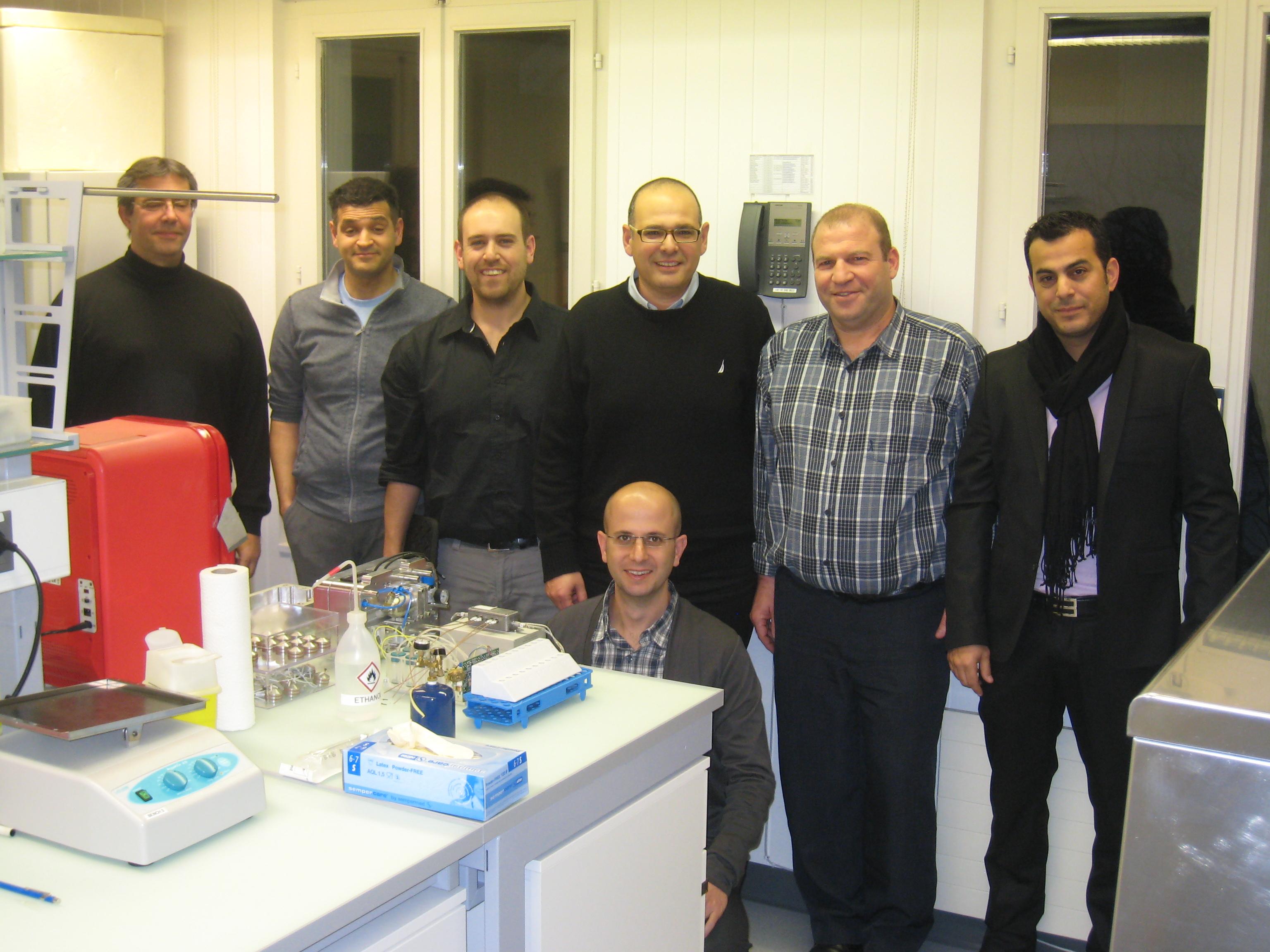Israel’s SpacePharma Ltd. has been developing an innovative project that involves a nano-satellite with a auxiliary application that enables scientists from Israel and from around the world to send scientific experiments into space in order to examine the effect of microgravity on them. The project is supported and promoted by the Israel Space Agency at the Science Ministry and on Febuary 15, 2017, the project was launched successfully.
In recent years, the field of Exomedicine (the study of pharmaceuticals that can withstand the zero gravity environment in space) has been developed around the world, primarily by the pharmaceutical industries that wish to examine new drugs and by the space agencies that send astronauts into space. Subsequently, launches of experiments in the fields of biology, chemistry and biotechnology into space have also become popular among scientists at universities and research institutes.
Space provides the optimal environment for experiments. Initial experiments conducted in the field have proven that the microgravity conditions constitute an environment that is free of foreign influences on the experimental materials and the experiment’s results are obtained faster than under normal laboratory conditions. However, space is not accessible to scientists outside the space industry, primarily due to the long waiting list for civilian launches and the need to convert the information received from the satellite via ground stations, which makes the process complicated, long and expensive. Currently, a new Israeli project, originated by Yossi Yamin and Ido Priel and funded by the Israel Space Agency at the Ministry of Science, is offering a new service - a nano-satellite that is tailored to the needs of the experiment, as well as a service for receiving information from the experiments conducted in space, directly to the researcher’s personal computer or Smartphone within a few hours.
The project features a scientific team that works in collaboration with a technological team, mostly comprised of Intelligence Corps alumni with experience in the field of satellites, some of whom are programmers who have left successful companies. The team is designing a nanosatellites (cubesat) that are 10x10x30 cm in size, adapted to load the experiments with biological and chemical materials, such as proteins and seeds. The satellites make their way into space as ‘hitchhikers’ on a launch together with other international satellites, until they separate from the launch and are independently stationed in space for up to three years. The company’s two first projects were launched on Febuary and November 2017 and included a number of experiments. One of the experiments will examine the creation of chemical/biological structures known as liposomes. One of the goals is to observe the suspended release of these materials into malignant tumors, which makes this a groundbreaking project in the field of cancer research.
The project joins the growing global trend in recent years of miniaturizing satellites, which helps cut costs and increases accessibility to a broader target population. Another new technological trend that will be promoted by the project is the worldwide web’s entry into space, which will enable receiving information through applications, almost immediately.










